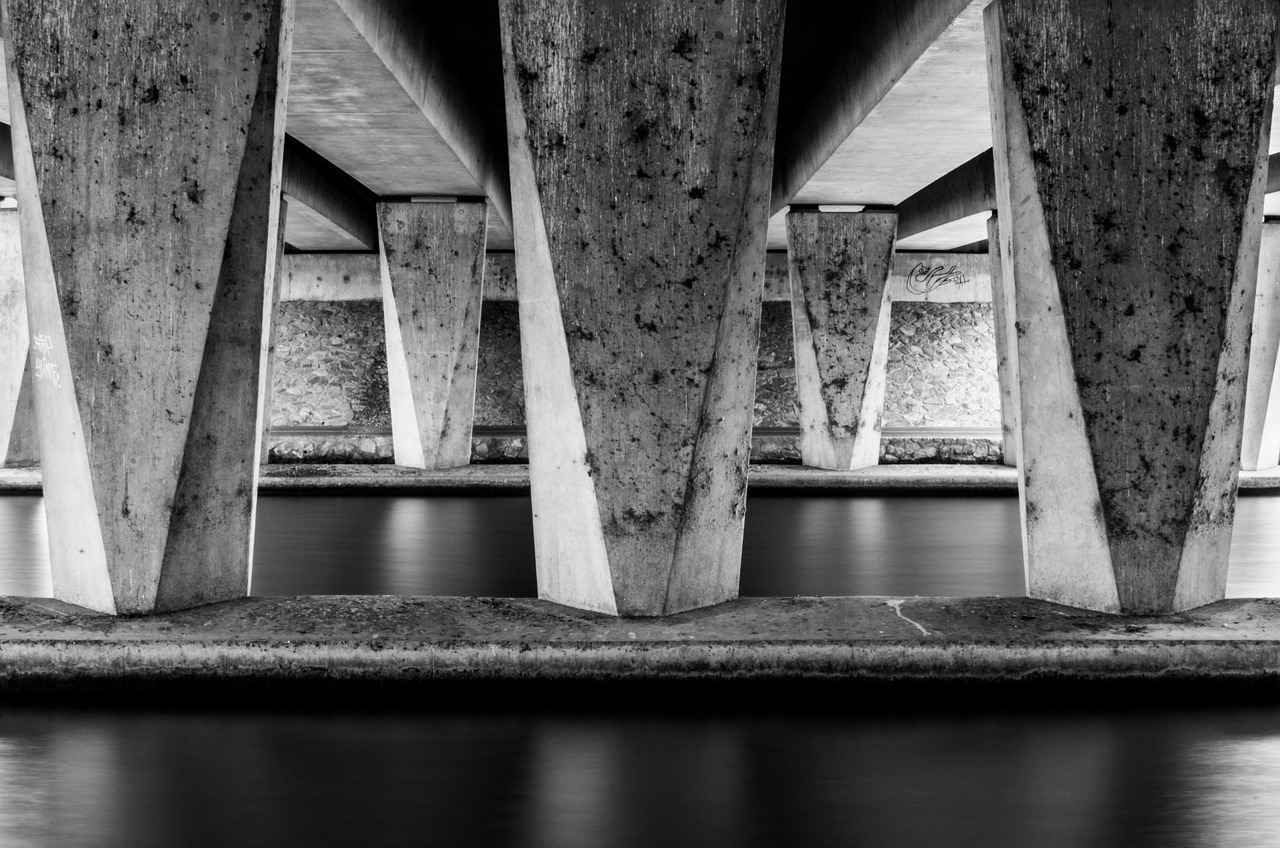Living in San Francisco, close to the San Andreas fault, always has me pondering the need for earthquake insurance. With memories of the devastating Loma Prieta earthquake of 1989 still fresh, and knowing the next big one could strike at any moment, it’s a regular consideration. Every year, California insurance companies remind us of this risk by sending out earthquake insurance prospectuses, tempting me to sign up due to the looming threat. Yet, the high deductibles—about 10-15% on a $2 million home, which means I’d be out of pocket for the first $300,000—alongside a hefty annual premium of around $5,000, have deterred me so far. The odds seem to favor the damage being less than the deductible, so, year after year, I opt out, hoping the big one doesn’t come.
When it comes to deciding whether to get insurance for earthquakes or other natural disasters, here are some things to consider:
1. Risk Level: Are you living in a high-risk area? From hurricanes in coastal states to earthquakes west of the Rockies, risk varies significantly by location. Understanding how prone your area is to disasters is crucial.
2. Disaster Mitigation: Have you made any structural improvements to mitigate disaster damage? Post-1989 regulations have led to stronger foundations and safer buildings in earthquake zones.
3. Neighborhood History: What have your long-term neighbors experienced during past disasters? Their stories can provide a clearer picture of what to expect and prepare for.
4. Potential Damage Costs: Compare the potential damage costs with the insurance deductible and premiums. If your estimates, like mine, suggest that potential damages (like $25,000 from an earthquake) don’t justify the costs of insurance, it might influence your decision.
5. Emergency Safety Net: The size of your emergency fund is also a factor. If you don’t have substantial savings, the need for insurance increases.
6. Home Value and Retirement: If a significant portion of your retirement plan is tied up in your home’s value, protecting this asset becomes more critical.
7. Home Equity: High home equity increases your financial exposure in disaster scenarios, making insurance more appealing.
While insurance can seem like an unnecessary expense, especially if you’ve been fortunate enough to avoid disasters so far, it provides peace of mind and financial protection. Government aid through FEMA and other agencies is available, but it often falls short of covering all repair and rebuilding costs, which tend to skyrocket post-disaster.
If you’re still on the fence about earthquake insurance, consider your financial ability to absorb losses and think about the worst-case scenarios. Evaluate the long-term benefits of having coverage versus the annual cost savings of going uninsured. For many, especially those in high-risk areas or with significant home equity, it might be a worthwhile investment.


































